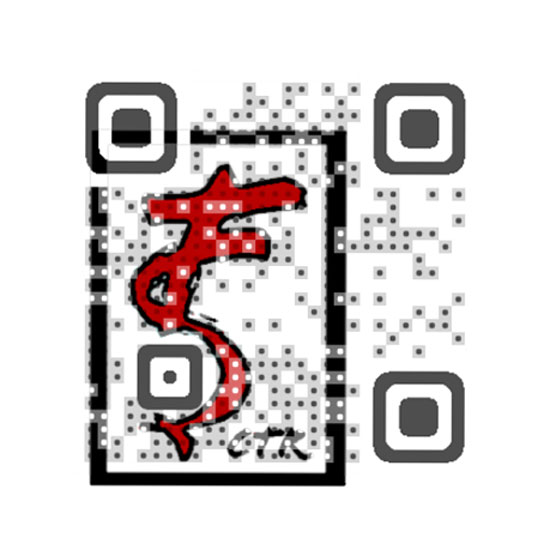
A patent is a form of intellectual property. It consists of a set of exclusive rights granted by a sovereign state for an invention, which is a product or a process that provides, in general, a new way of doing something, or offers a new technical solution to a problem. Rights are granted to an inventor or their assignee for a limited period of time in exchange for the public disclosure of an invention. The procedure for granting patents, the requirements placed on the patentee, and the extent of the exclusive rights vary widely between countries according to national laws and international agreements. Typically a patent application must include one or more claims defining the invention which must meet the relevant patentability requirements such as novelty and non-obviousness. The exclusive right granted to a patentee in most countries is the right to prevent others from making, using, selling, or distributing the patented invention without permission.
- A form of intellectual property.
- Professional and reliable.

